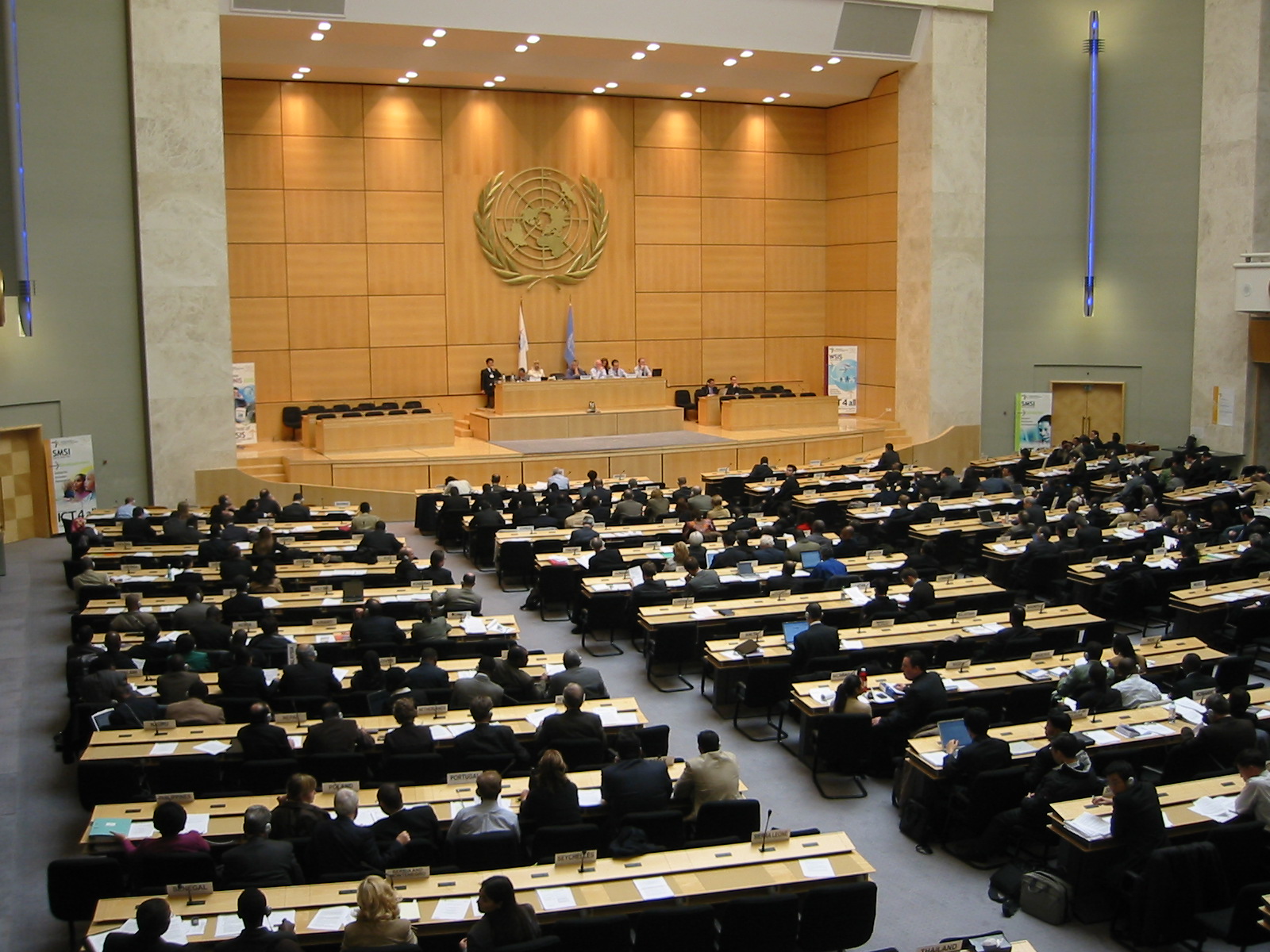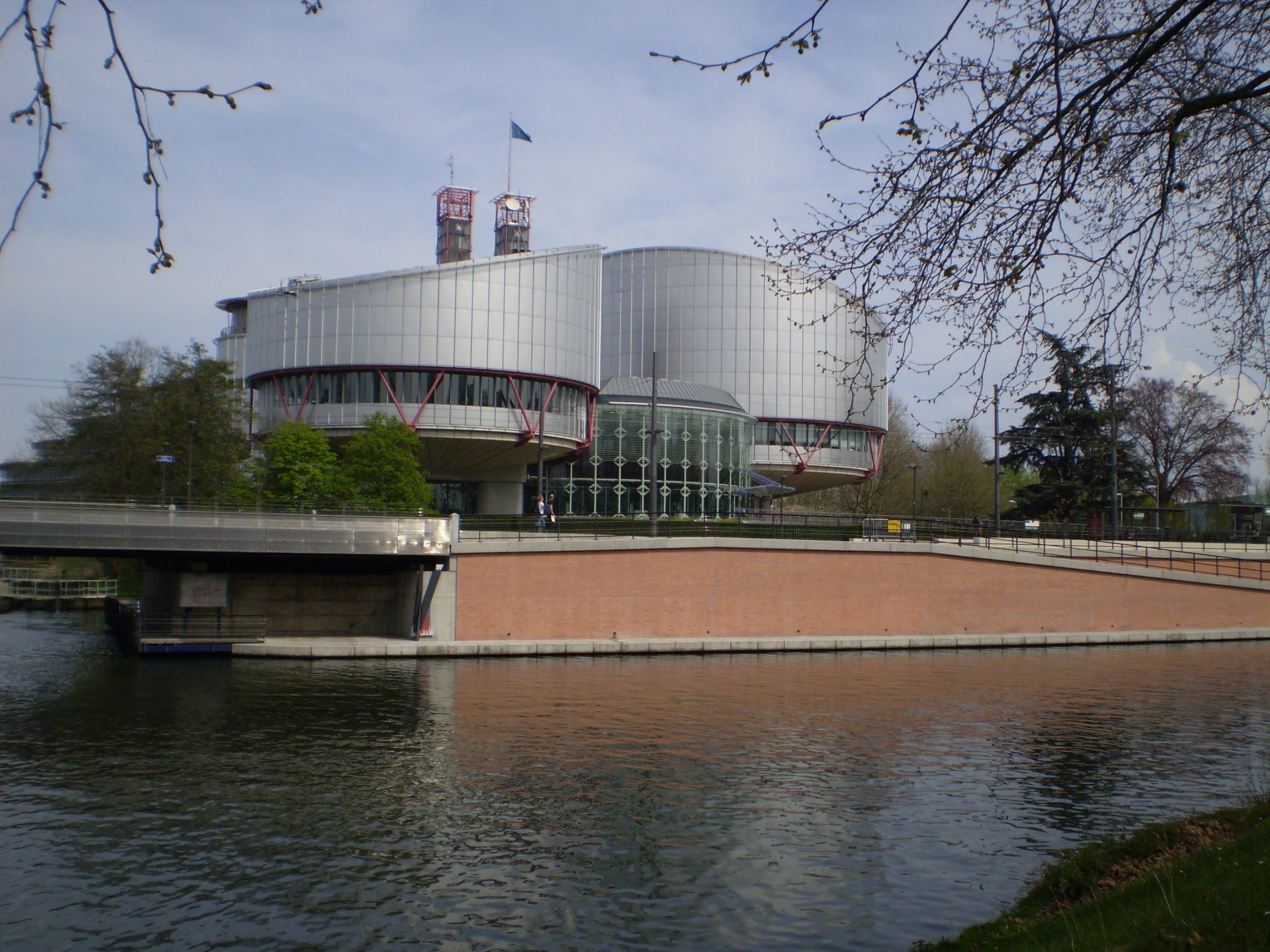On 14 June 2022, the European Court of Human RIghts (EctHR) found that the measures imposed by Russia through its ‘Foreign Agents Act’ (Act) violated the rights of several NGOs to freedom of assembly and association (FoAA) and freedom of expression (FoE), protected under the European Convention on Human Rights (Convention).
Overview of the case and ISHR’s intervention
Under the Act, Russian NGOs deemed to take part in ‘political activity’ and receive ‘foreign funding’ are required (under the threat of sanctions) to register and publicly identify themselves as ‘foreign agents’, being forced to deal with burdensome reporting requirements and face negative stigma associated with the term.
One of the applicants, the Anti-Discrimination Centre Memorial (ADC-Memorial), was required to register as a foreign agent after it reported the Russian police’s abuse of Roma people and migrants to the UN. The report to the UN Committee Against Torture had been considered by the Russian authorities to be ‘involvement in political activities’. Some applicant organisations, including ADC Memorial, were forced to dissolve, as they faced threats of fines and uncertainty about future funding for their activities (see ¶85, 203).
ISHR submitted a third-party intervention in support of ADC-Memorial arguing that the Foreign Agents Act was overly broad, allowing the government to designate anyone as a foreign agent, and creating a ‘chilling effect’ on human rights defenders. ISHR argued that the consequences suffered by ADC-Memorial amounted to reprisals related to their cooperation with the UN, which is contrary to international law.
ISHR welcomes the judgement, which ruled that Russian authorities interpreted and applied the concept of ‘political activity’ under the Foreign Agents Act in an extensive and unpredictable manner. This created uncertainty among NGOs, undermined their ability to carry out their work, and forced them (whether directly or through fear) to stop their work. These measures were not necessary in a democratic society and interfered with the applicants’ rights to FoAA as interpreted in the light of the right to FoE.
ISHR’s Tess McEvoy noted, however, that ‘this judgement came too late, with several applicant NGOs already going under. We need more expedient international justice’.
Progress in the cohesive interpretation of the rights of human rights defenders
While the judgement did not explicitly recognise the right of defenders to be free from reprisals when engaging with international mechanisms, it did reference ISHR’s submission (see ¶94, 151, 164). and analysed the UN Declaration on Human Rights Defenders, as well as other relevant UN resolutions and treaties (see ¶53 – 57), as called for in ISHR’s submission.
McEvoy concluded by saying: ‘we welcome that the ECrtHR promoted a consistent understanding of the rights of human rights defenders under international law by citing these sources and also by reaffirming the right of defenders to solicit, receive and utilise resources. As the Court put it: In order to ensure that NGOs are able to perform their role as the ‘watchdogs of society’, they should be free to solicit and receive funding from a variety of sources’ (see ¶169).
Update
On 14 September 2022, the applicants referred this case to the Grand Chamber in which five judges considered whether the case deserves further examination. However on 10 October 2022, the panel of five judges of the Grand Chamber decided not to accept the applicants’ request for the case to be referred to the Grand Chamber. As per Article 44 (2) of the Convention, the judgment delivered on 14 June 2022 became final on 10 October 2022.




